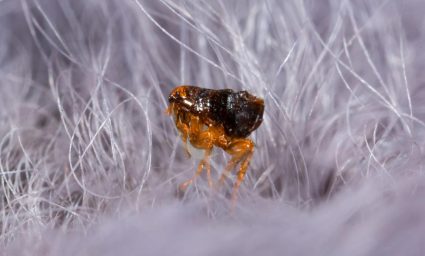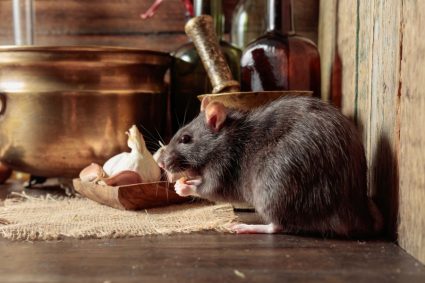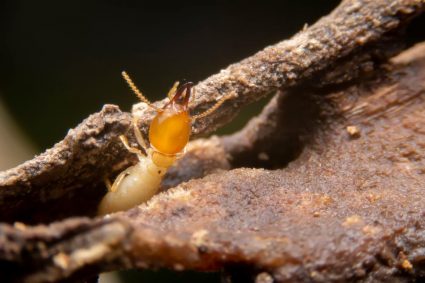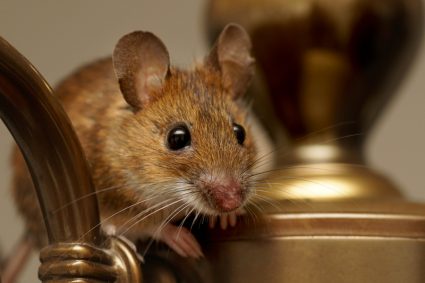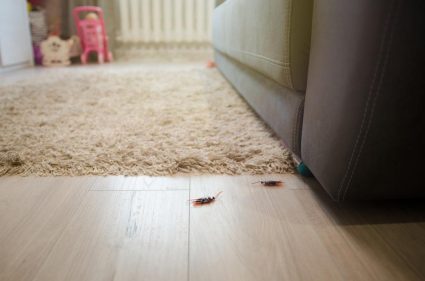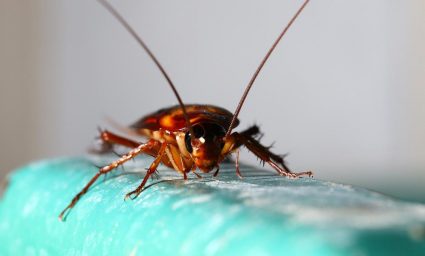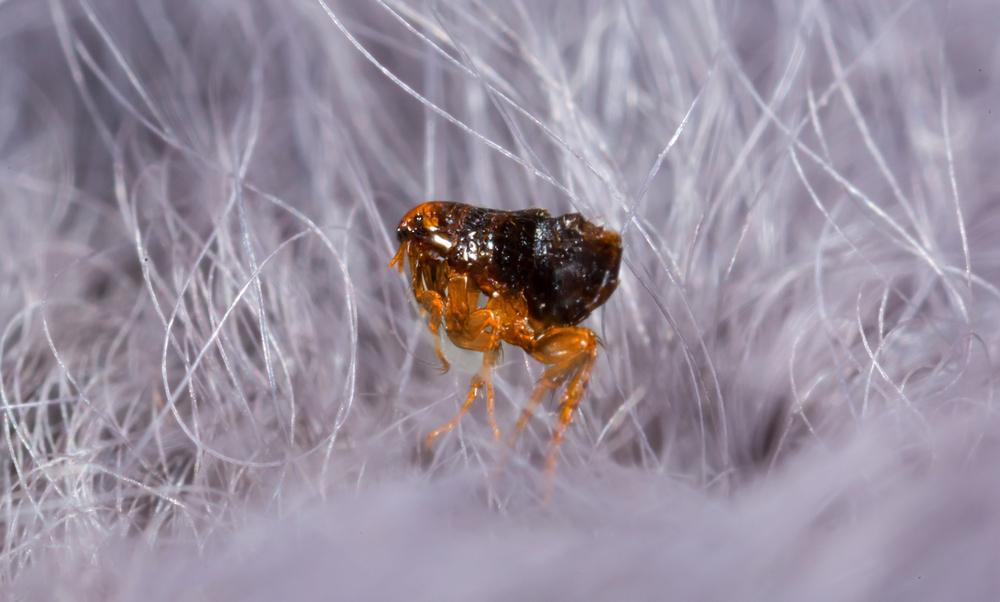
Fleas are infamous for their blood-sucking habits. As ectoparasites, they primarily feed on the blood of mammals, making our furry friends, and sometimes even us, their preferred hosts. But is blood the only thing on their menu? In this comprehensive guide, we delve into the diet of fleas at different stages of their life cycle and explore what fleas eat besides blood.
While adult fleas primarily feed on the blood of mammals, flea larvae have a more varied diet. They consume dried fecal blood from adult fleas, conspecific eggs, dandruff, skin flakes, and grain particles. So, besides blood, fleas can eat feces, skin cells, plant matter, and conspecific eggs.
A Flea’s Primary Food Source: Blood
Adult fleas are hematophagic creatures, meaning their primary food source is the blood of mammals. They feed on a variety of hosts, including household pets like dogs and cats, humans, and other animals such as squirrels, rabbits, and rodents. Fleas have specialized mouthparts designed for piercing skin and sucking blood, allowing them to consume up to 15 times their body weight in blood per day.
Beyond Blood: What Else Do Fleas Eat?
Flea larvae, however, have a different diet. Unlike adult fleas, they cannot survive on blood alone. Instead, they primarily consume dried fecal blood from adult fleas, commonly known as flea dirt. Additionally, flea larvae must eat conspecific eggs (eggs of the same species) to fulfill their dietary requirements.
Flea larvae are scavengers and possess powerful mandibles and mandibular teeth, which allow them to nibble away at solid food sources. They can also consume dandruff, skin flakes, and grain particles. In summary, besides blood, fleas can eat feces, skin cells, plant matter, and conspecific eggs.
Dietary Preferences: Do Fleas Have a Favorite Blood Type?
Research on fleas and their attraction to blood types is complex and sometimes contradictory. Some studies suggest that fleas may have a preference for type O blood in humans, while another study found that fleas prefer type A blood over type O blood in dogs. However, fleas are not exclusive to any particular blood type and will feed on any available host.
Flea Nutrition: How Does Blood Fulfill Their Dietary Needs?
Blood is a rich source of proteins, vitamins, and minerals, which are essential for the growth, development, and reproduction of fleas. Female fleas, in particular, require blood meals to lay eggs and complete their life cycle.
Fleas in Different Life Stages: Variations in Diet
The diet of fleas does differ at various stages of their lifespan. Fleas have four life stages: egg, larva, pupa, and adult. Adult fleas primarily feed on the blood of mammals. Flea larvae, on the other hand, have a different diet. They primarily consume adult flea feces and conspecific eggs. Flea larvae do not live on hosts and do not feed parasitically; instead, they scavenge for food in their environment.
The Impact of Diet on Flea Life Cycle and Reproduction
Diet plays a significant role in the life cycle and reproduction of fleas. The quality of the blood meal plays a crucial role in their development and reproductive success. Fleas primarily rely on blood meals for their survival and reproduction.
In conclusion, while fleas are best known for their blood-sucking habits, their diet is more varied, especially during the larval stage. Understanding the dietary habits of fleas can provide valuable insights into their lifecycle and survival, and can help in developing effective strategies for flea control.
Frequently Asked Questions
How often do adult fleas need to feed on blood?
Adult fleas need to feed on blood at least once every couple of days. However, they can survive for several months without feeding if they are in a dormant state.
Can fleas survive on human blood alone?
Yes, fleas can survive on human blood alone. However, they usually prefer the blood of pets like dogs and cats.
Do all species of fleas feed on blood?
Yes, all species of fleas are hematophagic, meaning they feed on the blood of mammals.
Can fleas transmit diseases through their bites?
Yes, fleas can transmit diseases through their bites. They are known vectors of diseases such as the bubonic plague, murine typhus, and tapeworms.
Are there any natural predators of fleas?
Yes, certain types of ants, spiders, and beetles are known to prey on fleas at their larval stage.

